Fees and Charges Policy appendices
Appendix 1 - Fees
Fees may be waived for courses that are funded by the DfE and are waived in line with DfE guidelines as set out in the Adult Education Budget - Funding Rules. The criteria for these fee waivers are set out below.
Fees are charged based on an individual’s status at the time of enrolment. Subsequent changes to an individual’s status will not affect their fee status, nor any fee that was payable at the time of enrolment. Where learners are receiving fee remission based on age, benefits, prior qualification, etc., a declaration must be signed by the learner confirming the information given for the fee waiver is correct before enrolment onto the course.
Free Courses and Workshops
Hull Training and Adult Education reserves the right for specific provision delivered at both onsite and offsite locations to not be charged tuition and/or exam fees, to increase participation in education for particular groups of learners or specified learning aims or in line with government initiatives. These include courses which are Community, tailored or other specific courses or workshops.
Full Cost Commercial courses/workshops
Certain courses and training are provided at a specific cost to Hull Training and Adult Education. These full cost and commercially competitive courses have a margin contribution model. Hull Training and Adult Education will price each programme individually to reflect group size, delivery location, material, staffing costs and the competitive landscape in the sector being serviced. Programmes will normally be priced on a full cost recovery basis, including a minimum margin of 20%. All pricing decisions for full cost and commercial courses are subject to joint approval through the annual curriculum planning and Budget process.
Fees
If you come under one of the categories below, the course will be free, and the assessment or examination fee will be paid for by Hull Training and Adult Education.
- Learners aged 19 or over, as at 31 August 2025, who meet the DfE's definition of Unemployed -
- The flexibility for the low-waged means that learners can be fully funded if they are employed, or self-employed, and would normally be co-funded for provision, up to and including level 2. You must be satisfied the learner is both eligible for co-funding and earns less than £25,000 annual gross salary
- Learners aged 19 or over, as at 31 August 2025 -
- Studying basic English and maths, up to and including level 2, for individuals aged 19 and over, who have not previously attained a GCSE grade 4 (C), or higher
- Essential digital skills qualifications up to and including Level 1, who have digital skills assessed at below the level
- Learners aged 19 to 23, on the day the course starts, who are -
- enrolling on an Entry Level or Level 1 course and do not already have a full Level 2 qualification
- studying their first full Level 2 or Level 3 qualification if the qualification is part of the Legal Entitlement
- Students under 19 on 31 August in the year of enrolment and 19 to 24 years old with an Education, Health and Care Plan (EHCP)
- Learners aged 19 or over enrolling to courses up to and including Level 2 for employment
- When the learner declares that they are unemployed or work less than 16 hours per week and earn less than £617 per month (single claim) or £988 (joint claim), want to enter employment, and they believe skills training will help them to do so and are in receipt of one of the following means tested benefits. Learners who are aged 19 to 23 must hold a full Level 2 qualification to be eligible for this fee remission
If you do not qualify for free provision under one of the above categories, then you will pay the published fee. Concessions may apply.
